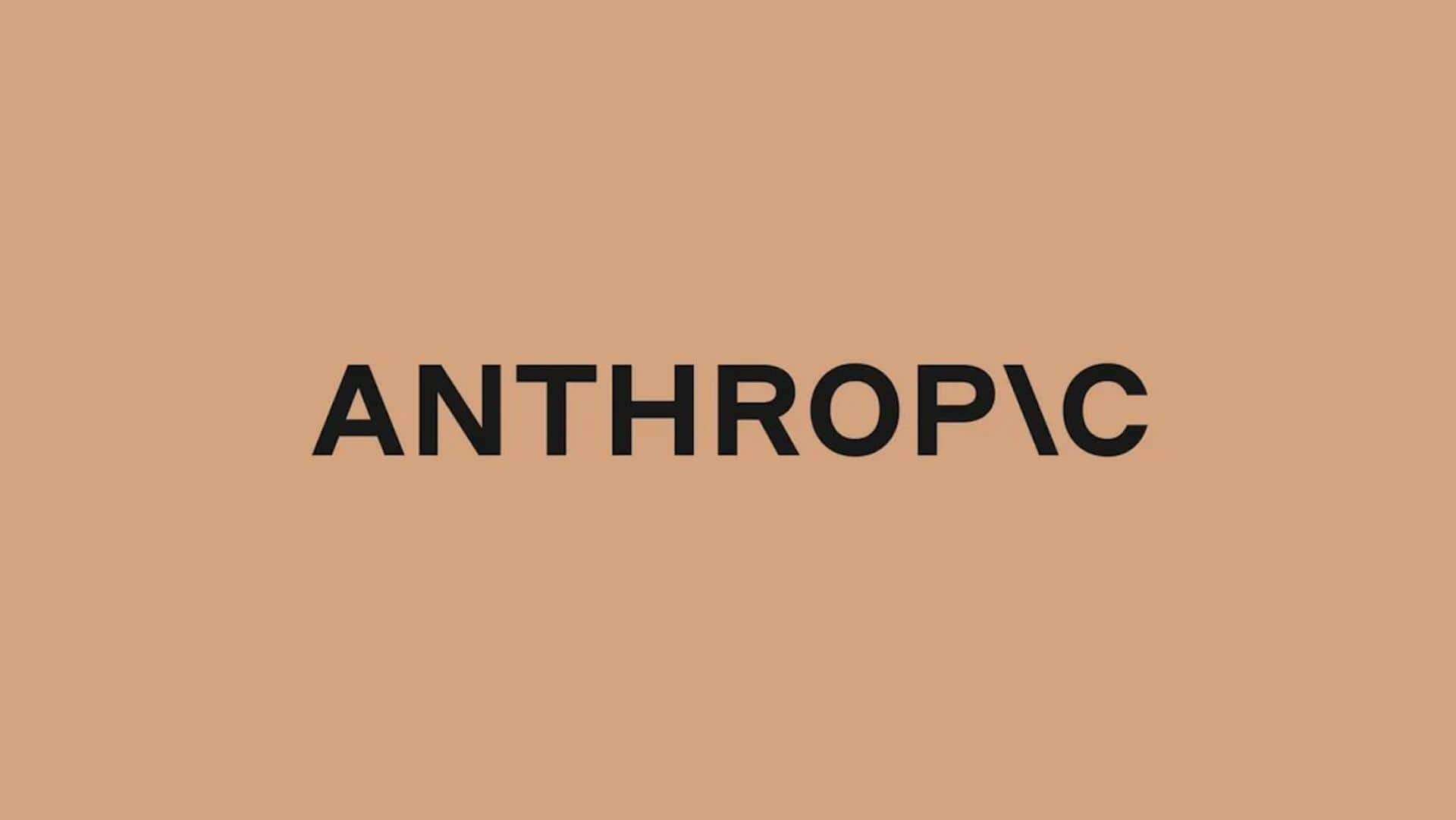
What makes Anthropic's 'Claude 3.7' hybrid reasoning AI model special?
What's the story
Anthropic, an AI company founded by ex-OpenAI employees, has introduced the world's first hybrid reasoning AI model, called Claude 3.7 Sonnet.
The new model can deliver quick responses for simple tasks and also blend different reasoning techniques to solve complex problems more effectively.
As Michael Gerstenhaber, product lead at Anthropic's AI platform said, the new model will make problem-solving that requires a combination of instinctive output and step-by-step cogitation easier.
Model features
User control and reasoning process transparency
Claude 3.7 Sonnet aims to provide users with a lot of control over its behavior, including how long it thinks and the trade-off between reasoning and intelligence with time and budget.
The model also comes with a "scratchpad" feature that reveals its reasoning process, similar to a feature in the Chinese AI model DeepSeek.
This way, users can see how the model is working through a problem and modify/refine prompts accordingly.
AI evolution
Enhancing AI reasoning capabilities
The capability to tweak a model's "reasoning" comes in handy when it fails to solve a problem. In such scenarios, users can direct it to dedicate more time to the task.
This emphasis on improving AI reasoning capabilities is a rising trend among frontier AI companies, looking to broaden their models' capabilities and utility.
OpenAI and Google have also launched similar offerings for their models, o1 and Gemini respectively.
AI thinking
A blend of instinctive and deliberative thinking
The difference between a conventional model such as Claude 3.7 Sonnet and a reasoning one, is similar to the two kinds of thinking described by Nobel laureate Michael Kahneman in his book Thinking Fast and Slow.
Large language models (LLMs), which power ChatGPT, produce instant responses to prompts by querying a massive neural network.
However, they frequently fail at questions that require step-by-step reasoning like simple arithmetic or complex planning tasks.
Practical use
Claude 3.7's reasoning mode and real-world applications
Claude's reasoning mode was trained with more data on business applications like writing and fixing code, using computers, and answering complex legal questions.
Dianne Penn, the product lead of research at Anthropic, said they made improvements on technical subjects or those requiring long reasoning.
She also mentioned customer interest in integrating these models into their actual workloads.
Coding proficiency
Claude 3.7 excels in coding problems
Claude 3.7 Sonnet has shown the ability to solve coding problems requiring step-by-step reasoning, even beating OpenAI's o1 on certain benchmarks like SWE-bench.
Following this success, Anthropic is launching a new tool for AI-assisted coding called Claude Code.
Penn hinted that more thinking would help in cases requiring complex planning such as traversing an extremely large code base for a company.